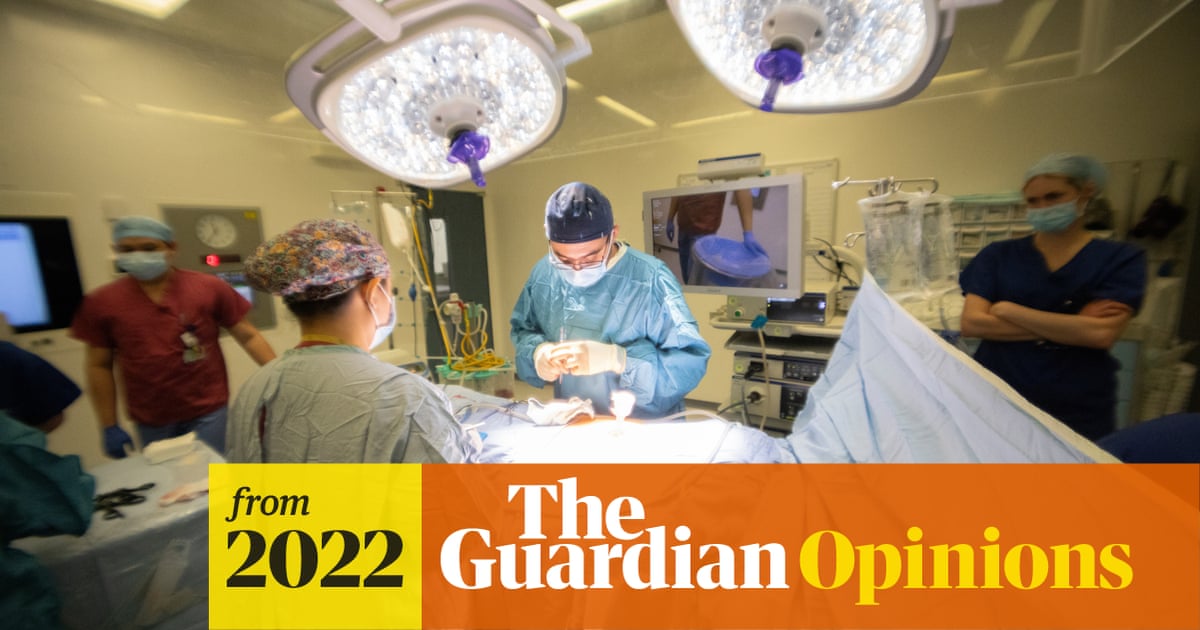Ste43
Active member
You can't watch any reporting of the current strike actions and not have some government minister hiding behind their favorite statement of the moment: " we accepted the independent pay review bodies recommendations in full".
I read the NHSPRB report (yes all 170 pages of it) and to summarise, 99% of the content is quite damming of current pay levels and the knock on effect it has on staff morale, retention, attraction, sickness absence, agency spend and so on. It even highlights how supermarkets are now paying staff more than the NHS for workers on bands 2 and 3.
The remaining 1% is spent on the government stating they wont pay anything over 2 % regardless of the outcome of the independent review and how they demand 2.2% in savings from the NHS in this financial year.
The opening statement of the report is as follows. I have highlighted in red the recent government additions to NHSPRB's remit:
In reaching its recommendations, the Review Body is to have regard to the following considerations:
- The need to recruit, retain and motivate suitably able and qualified staff;
- Regional/local variations in labour markets and their effects on the recruitment and retention of staff;
- The funds available to the Health Departments, as set out in the Government’s Departmental Expenditure Limits;
- The Government’s inflation target;
- The principle of equal pay for work of equal value in the NHS;
- The overall strategy that the NHS should place patients at the heart of all it does and the mechanisms by which that is to be achieved
In the report when the recommended increase is put forward (£1,400 across the board) no explanation is given at how they arrived at that figure, none at all...
Surely if it was an independent review the amount the government is willing to pay and inflation should not come into it, they should present their findings and pay recommendations then its up to the government to "find" the money required or reject it and justify why?
Not a single journalist/interviewer has pressed any of the government ministers on these IPRB's and whether or not they are fit for purpose. FYI - Scotland has done away with IPRB's and negotiates directly with the unions...
Link to the report
I read the NHSPRB report (yes all 170 pages of it) and to summarise, 99% of the content is quite damming of current pay levels and the knock on effect it has on staff morale, retention, attraction, sickness absence, agency spend and so on. It even highlights how supermarkets are now paying staff more than the NHS for workers on bands 2 and 3.
The remaining 1% is spent on the government stating they wont pay anything over 2 % regardless of the outcome of the independent review and how they demand 2.2% in savings from the NHS in this financial year.
The opening statement of the report is as follows. I have highlighted in red the recent government additions to NHSPRB's remit:
In reaching its recommendations, the Review Body is to have regard to the following considerations:
- The need to recruit, retain and motivate suitably able and qualified staff;
- Regional/local variations in labour markets and their effects on the recruitment and retention of staff;
- The funds available to the Health Departments, as set out in the Government’s Departmental Expenditure Limits;
- The Government’s inflation target;
- The principle of equal pay for work of equal value in the NHS;
- The overall strategy that the NHS should place patients at the heart of all it does and the mechanisms by which that is to be achieved
In the report when the recommended increase is put forward (£1,400 across the board) no explanation is given at how they arrived at that figure, none at all...
Surely if it was an independent review the amount the government is willing to pay and inflation should not come into it, they should present their findings and pay recommendations then its up to the government to "find" the money required or reject it and justify why?
Not a single journalist/interviewer has pressed any of the government ministers on these IPRB's and whether or not they are fit for purpose. FYI - Scotland has done away with IPRB's and negotiates directly with the unions...
Link to the report

